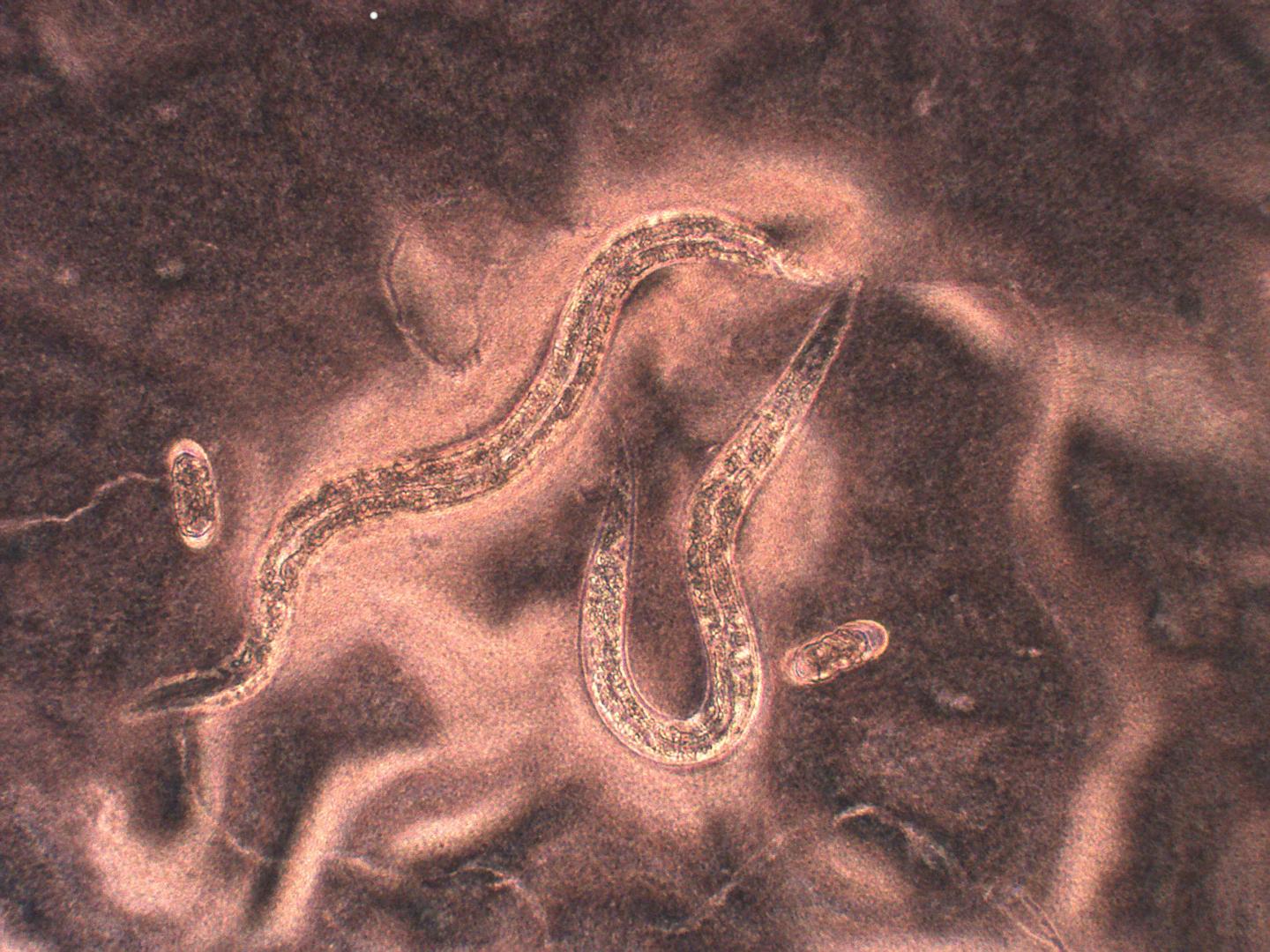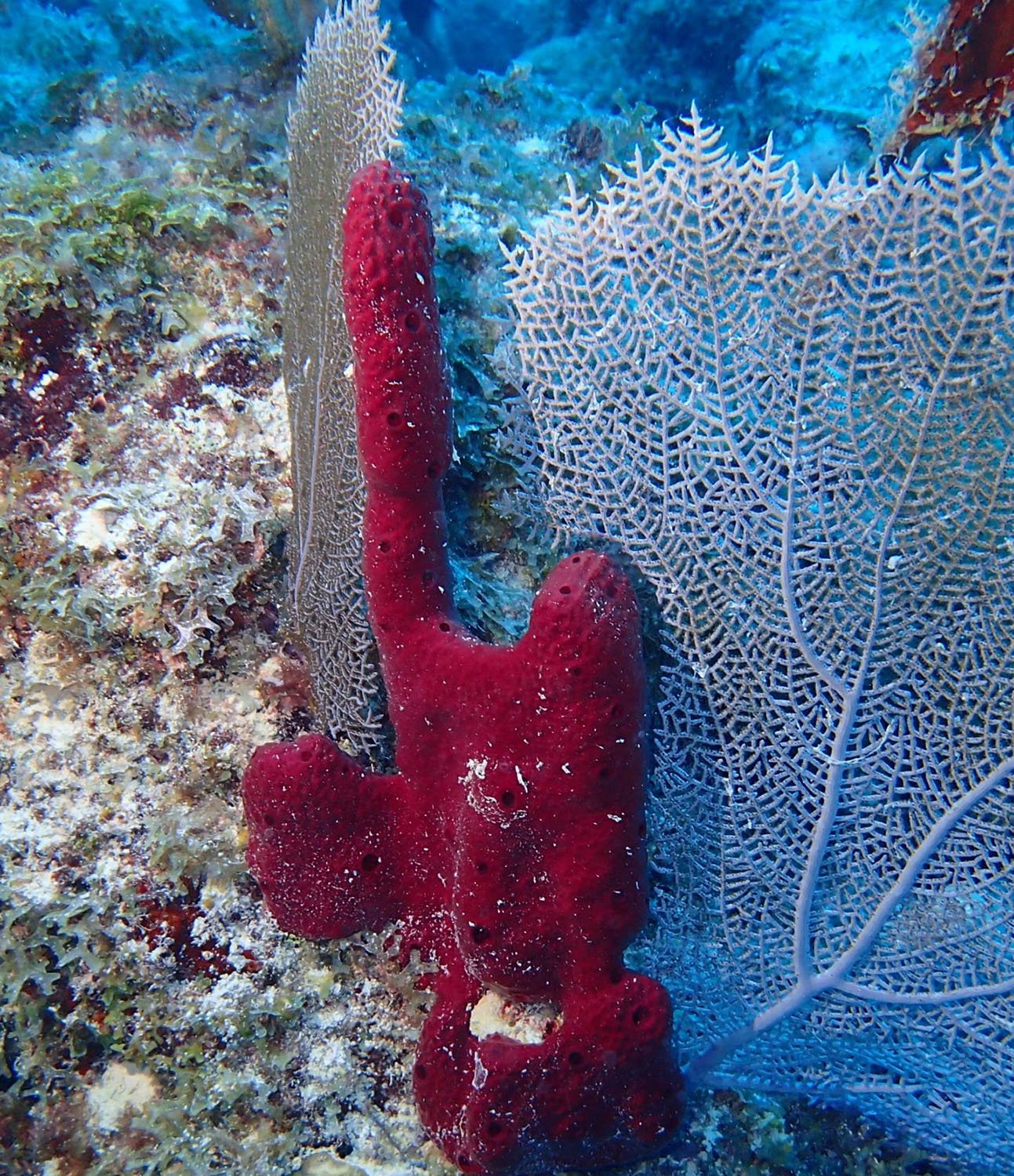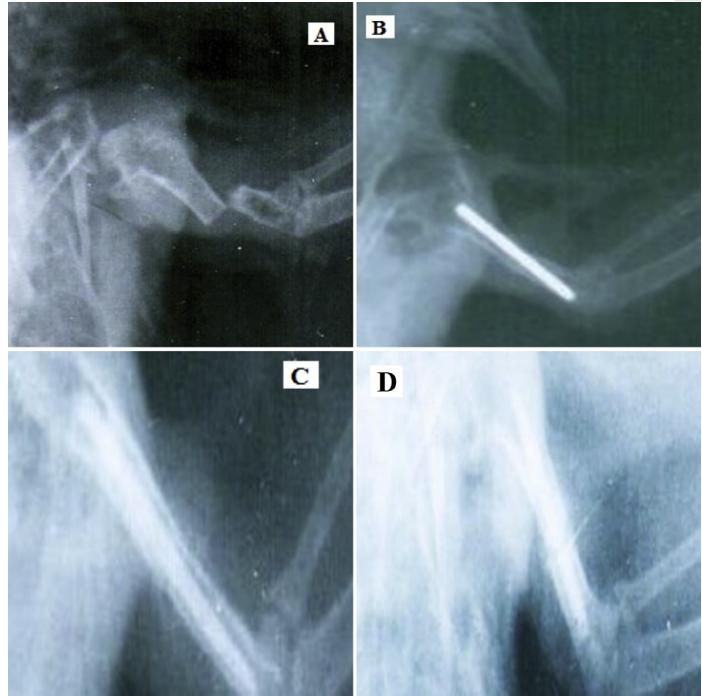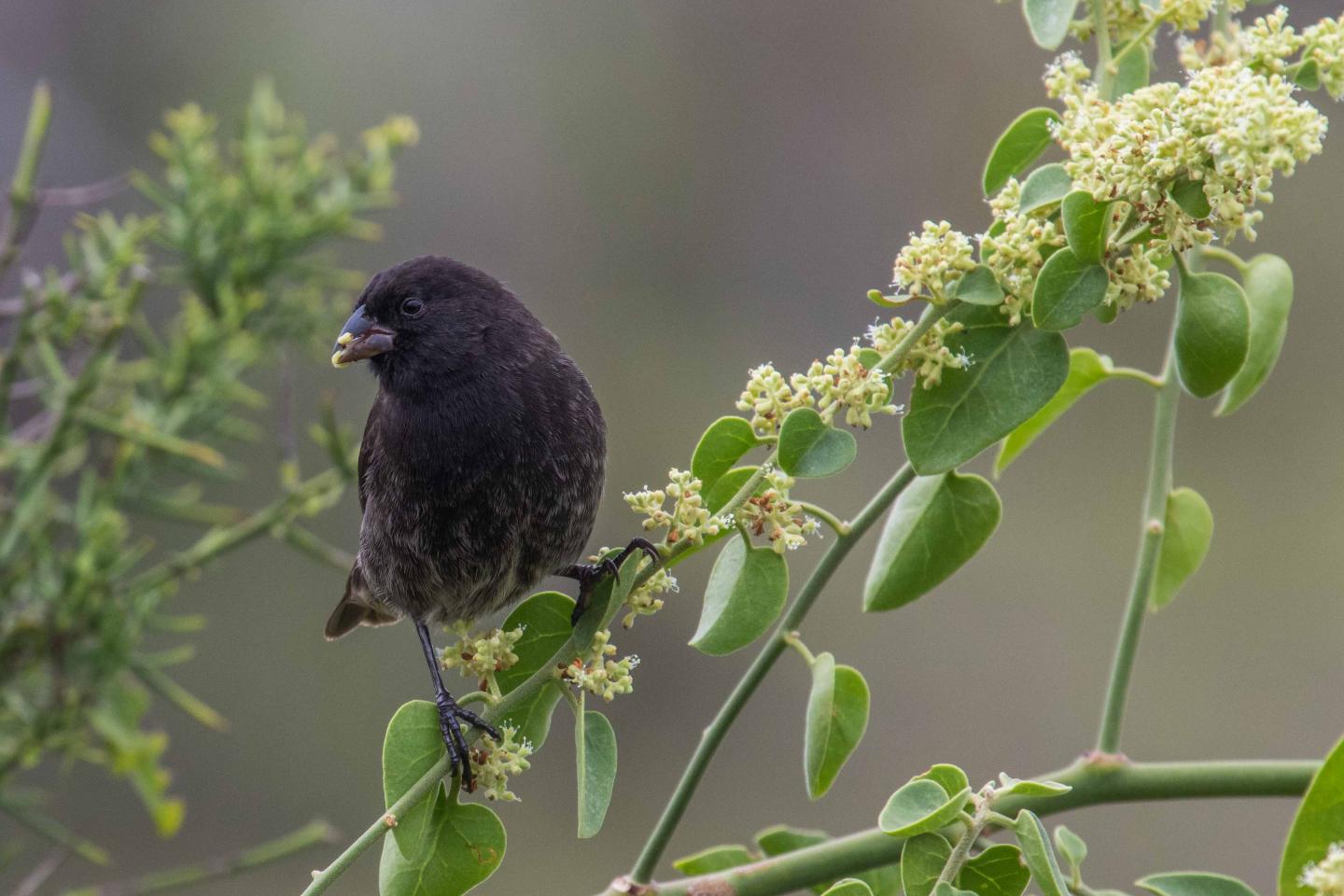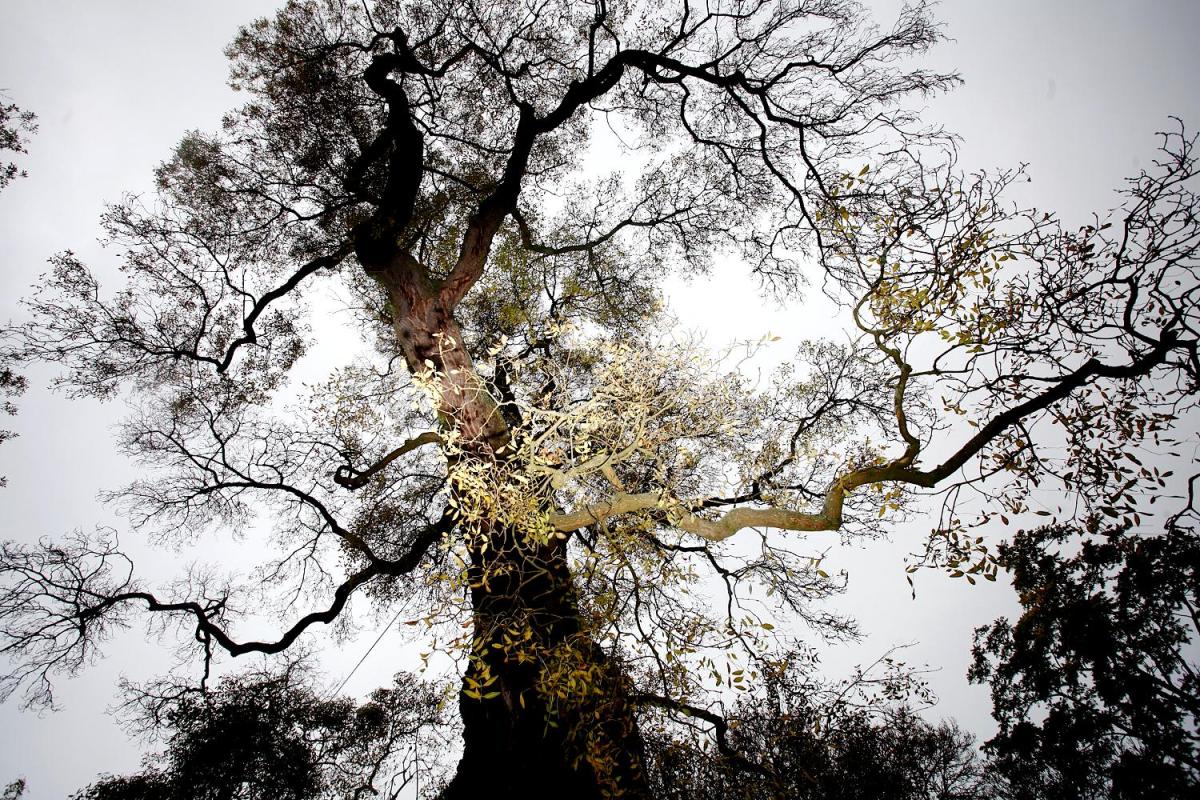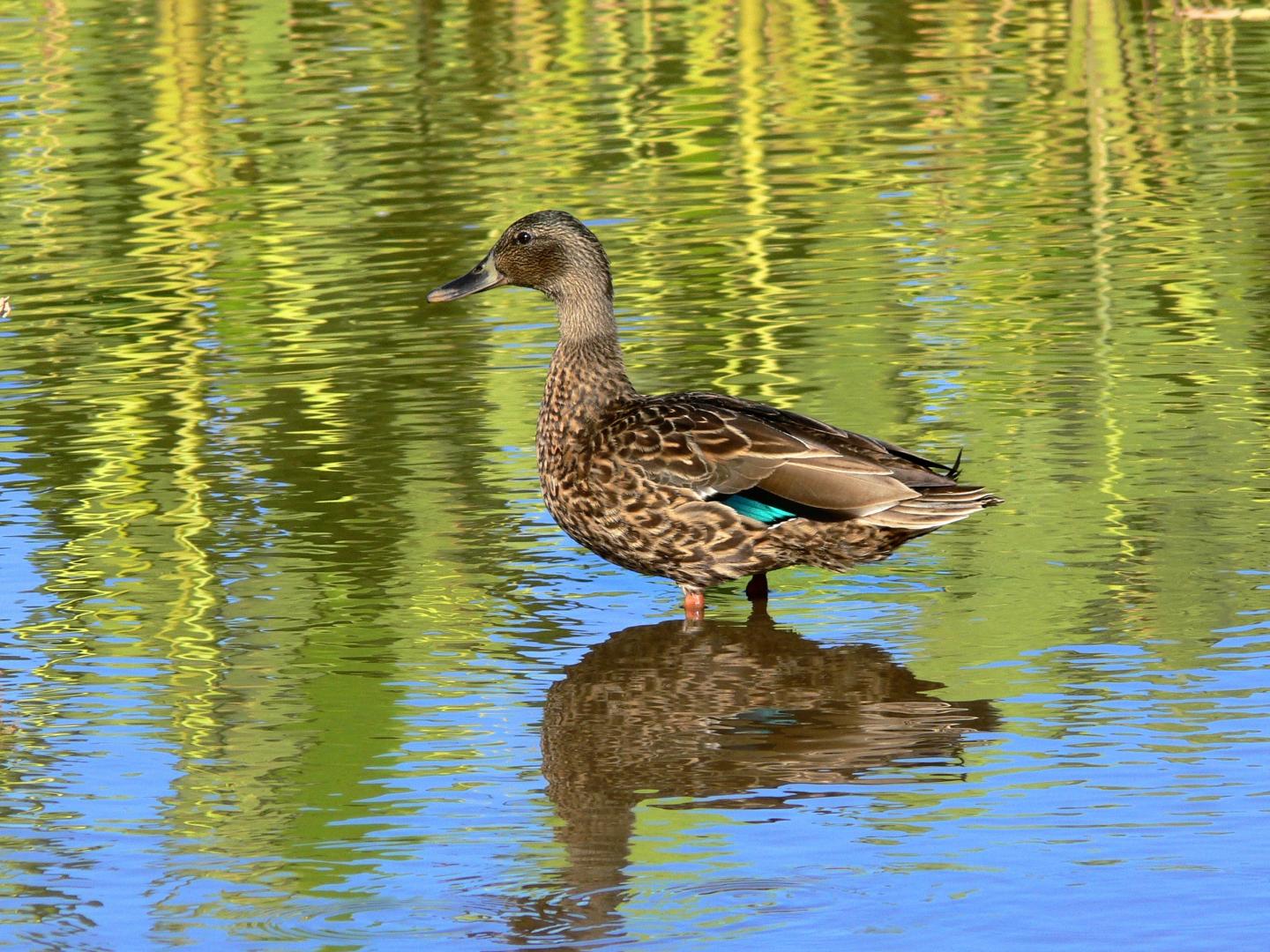American University researchers sequence genome of the ‘devil worm’
When scientists discovered a worm deep in an aquifer nearly one mile underground, they hailed it as the discovery of the deepest-living animal ever found. Now American University researchers, reporting in Nature Communications, have sequenced the genome of the unique animal, referred to as the ‘Devil Worm’ for its ability to survive in harsh, subsurface conditions. … Read more
